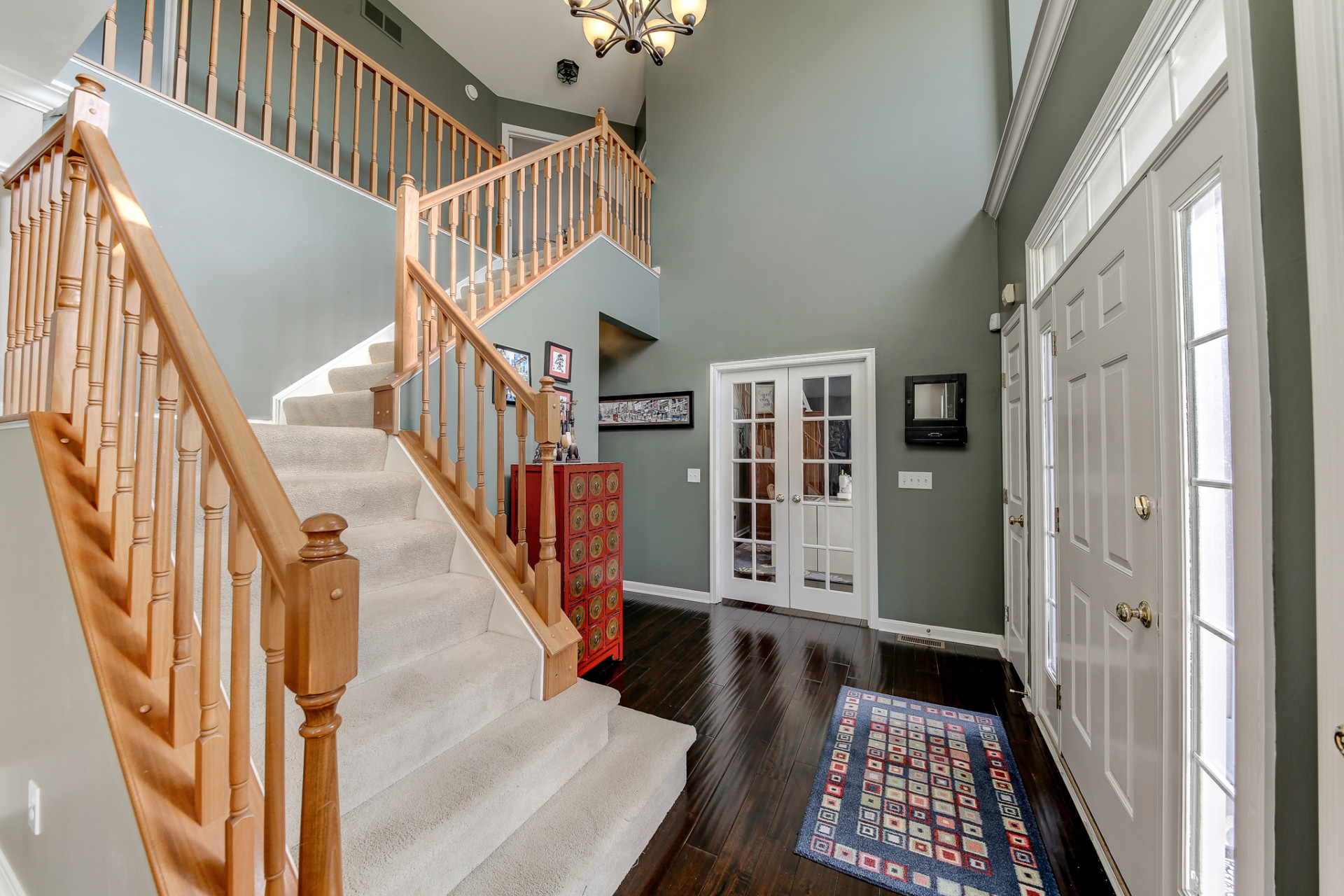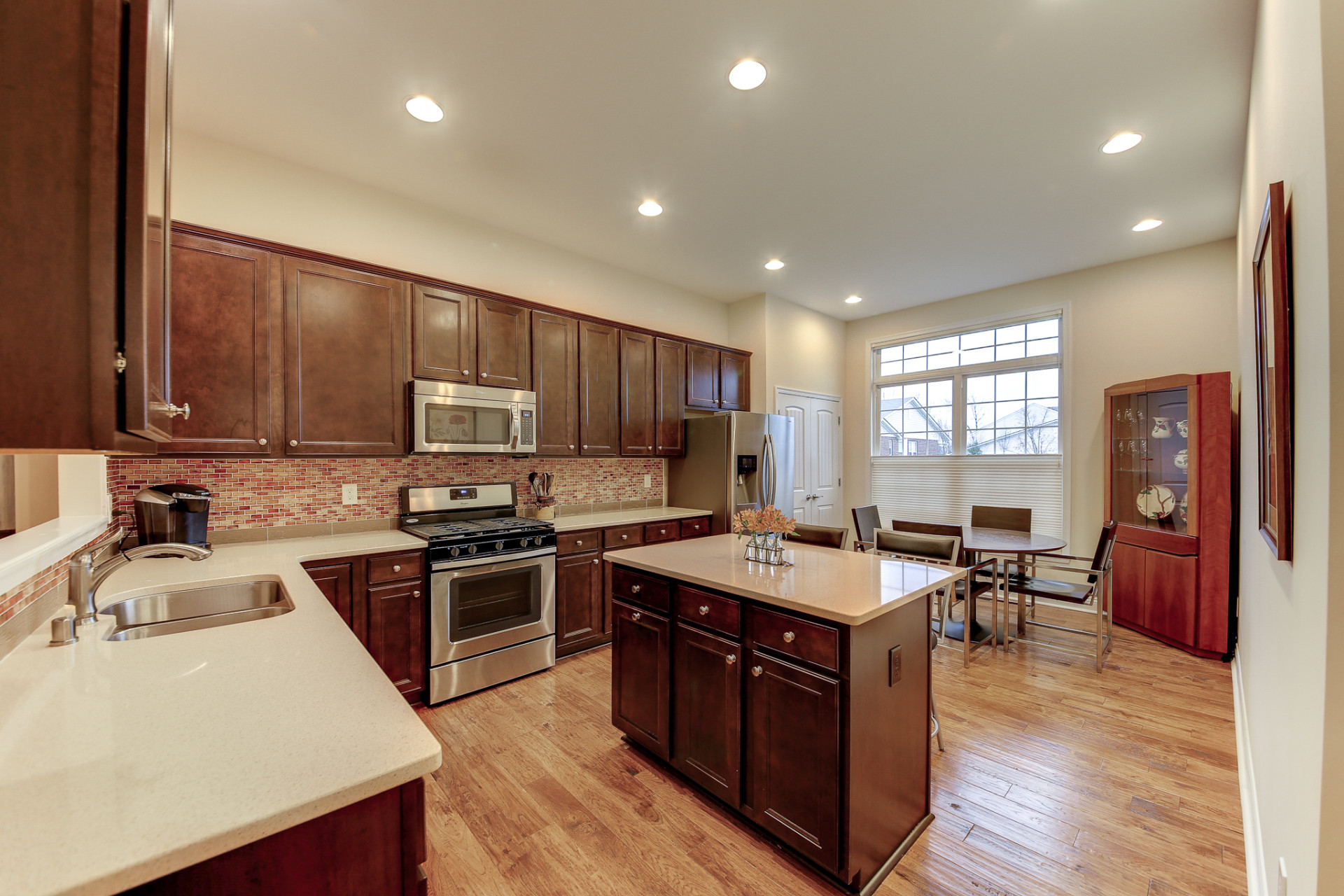5 Questions To Ask At An Open House
Attending open houses can be a lot of fun. Typically, you’ll be able to visit several homes in an area/neighborhood in a single trip. A great opportunity for comparison! However, when you’re serious about buying a home, it’s time to start asking the serious questions, so that you can leave the open house knowing if this property is a possibility for you.
We’ve compiled five of the most important questions to ask during the next open house you attend. Take the time to ask these and, by the time the open house is over, you’ll be much more informed about what that home has to offer.
1. May I have a Seller’s Property Disclosure?
Whenever a home goes on the market, the sellers must fill out a Seller’s Property Disclosure to the best of their ability. This document details all of the home’s systems (as well as their ages), any major renovations and any known problems. It’s essentially your guide to the condition of the home.
Be sure to ask the agent for a copy. Then, take it home and read it over carefully. If you have any questions, ask your agent to get clarification for you. Usually, the SPD will give you a lot of insight into whether or not the home is worth pursuing.
2. Why are the sellers moving?
Truth be told, you may not get a straight answer on this one, but it’s good to ask anyway. Doing so can give you some insight into the sellers’ motivation, which can be a powerful tool if you decide to make an offer. If, for example, the agent tells you that the sellers are moving for a new job, then you know that they likely have a deadline to meet in their move and maybe more flexible on price. Or in a competitive multiple offer situation, it may give you insight on how to structure your closing date to sway the seller to choose your offer.

3. How long has the home been on the market?
This is another question that can be helpful in guiding your offer, should you decide to write one. Time on the market is one of the biggest indicators of flexibility on price. Typically, if a home was put up for sale in the last few days, sellers are willing to pass over low-ball offers and wait for something better. If, however, the house has been sitting for a while without interest, they may be more open to negotiating.
With that in mind, know that homes don’t tend to stay on the market for long unless there’s a reason. If you’re told that the home has been on the market for a while, do some digging. Ask if there have been other offers and, if so, why they fell through. Additionally, check if there have been any significant price reductions and ask what prompted the change.
"Keep in mind that the open house agent may or may not have this information. If they cannot tell you, ask your agent to call the seller’s agent for details."
4. What school district are we in?
Whether or not you envision kids in your future, you should inquire about the school district. The reality is, even if you don’t have little ones, the school district will still affect you as a homeowner. It impacts what you pay in taxes as well as your ability to sell in the future since most people want to be positioned near good schools.
Bear in mind that the listing agent can’t legally express their opinion about the quality of the school district. You can do your own research on sites like GreatSchools.net. However, finding out the name of the school district is the first step in that process.
5. Are there any offers on the table?
If so, find out how many and when the sellers are planning to make their final decision. It’s important to know what you’re up against; if you’re interested in the home, this dictates when and how you submit your offer. If there are multiple offers on the table, you may have to move more quickly, and you’ll want to put together the strongest offer possible.
As for what makes a strong offer, the sale price is key. If you’re competing against multiple offers, it’s a good idea to avoid making a low-ball offer, as it will likely get passed over for a better option. However, beyond price, you can make sure your closing timeline meets the sellers’ needs and keep your chosen contingencies (financing, inspections, etc) to a minimum.
Keep in mind that the open house agent may or may not have this information. If they cannot tell you, ask your agent to call the seller’s agent for details.
 The perfect opportunity to look around, ask questions and find the home you love.
The perfect opportunity to look around, ask questions and find the home you love.





